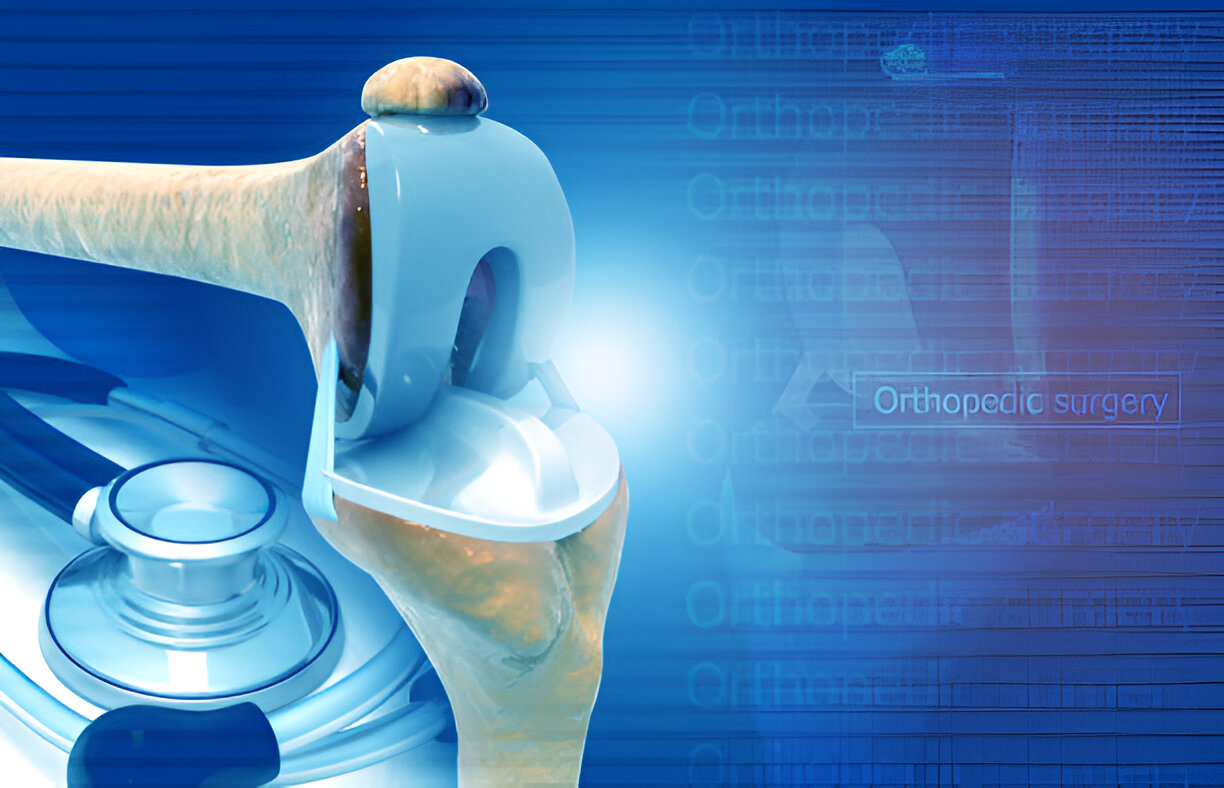All You Need to Know about Joint Replacement Surgery
Your body tends to give up on you beyond a certain age. Your knees also give up at some time, no matter how much you want to experience the surge of adrenaline from trekking in the Himalayas or just transcending your spirituality. Thankfully, there are now a variety of thorough procedures and treatments available for knee replacement.
Knee replacement is a kind of arthroplasty. Arthroplasty, which translates to "the surgical repair of a joint," is the process of surgically reconstructing and replacing deteriorated joints with prostheses, or artificial body parts. It hurts and becomes challenging to move the knee when the articular cartilage is worn out or injured. Instead of sliding over one another, the bones rub and crush together. With a prosthesis, the patient will feel less pain, and the knee will move properly.
Why do you need a Knee Replacement Surgery?
Osteoarthritis: This kind of arthritis is age-related and is brought on by the usual deterioration of the knee joints. Patients over 60 are typically affected, while younger persons may also be affected.
Degradation, inflammation, and the slow but inevitable loss of joint cartilage are the main causes of osteoarthritis. The cartilage deteriorates with time, causing the bones to rub against one another. The bones frequently thicken to make up for this issue, but this causes more friction and discomfort.
Rheumatoid Arthritis: Inflammatory arthritis is another name for this kind of arthritis. The tissue encircling the knee joint becomes thicker and more inflammatory. Prolonged inflammation causes cartilage damage, which makes joints painful and stiff.
Post-traumatic Arthritis: A serious knee injury is the cause of this kind of arthritis. The knee cartilage will be impacted when the ligaments rip or the bones surrounding the knee shatter.
Who might need a Knee Replacement Surgery?
Knee Replacement Surgery is recommended if a person's significant knee pain or stiffness makes it difficult for them to walk, climb stairs, get in and out of cars, get out of a chair, or perform other daily activities. It is also advised for people who experience mild to moderate knee discomfort that doesn't go away while they sleep or rest. Surgery is also an option for people with persistent knee oedema and inflammation that does not go away with medicine or rest.
Which type of Knee Replacement Surgeries should you get?
Knee Replacement Surgeries are basically of two types –
Total Knee Replacement (TKR): Both sides of knee joints are replaced during this procedure. This is the most typical kind of procedure.
The inner and outer surfaces of the knee joint are being replaced during this procedure. The procedure usually takes an hour or so, and the patient can usually resume walking 24 hours after the procedure. In comparison to their pre-operative condition, the patient has less pain and more range of motion after the procedure.
With a partial knee replacement (PKR), only one side of the knee joint is replaced; usually, this is the inner side. Generally, it is done on younger patients and in the early stages of knee arthritis. Depending on what's best for the patient, the surgeon decides whether to perform a TKR or PKR.
Extreme sports should be avoided at all costs; moderate, low-impact fitness activities like walking, swimming, and biking are anticipated in patients who have undergone knee replacement surgery.
Debunking the myths about Total Joint Replacement
Myth: Too Old for the Surgery
Fact: Knee and hip replacements are safe and successful at any age. With modern anesthesia & medical care, you don’t have to live with the pain.
Myth: Too Young for the Surgery
Fact: Today’s technology makes artificial joints last longer than ever before. When performed well, they can last for about 15-20 years. When the 1st replacement wears out, a new one can be put in.
Myth: Too Overweight
Fact: For people with knee arthritis, it’s almost impossible to lose weight because even walking seems too painful. It’s much easier to exercise and lose weight when knees are pain-free after knee replacement.
Conclusion:
Joint replacement surgery offers hope to millions of individuals who suffer from joint pain that leads to weakness and dysfunction. Understanding the benefits, options, recovery process, and potential risks of joint replacement enables patients to make informed decisions, travel on new journeys, and improve their quality of life. If you or your loved one is considering joint replacement surgery, consult us at Health Village Hospital, the best multispeciality Hospital in Bhubaneswar.
